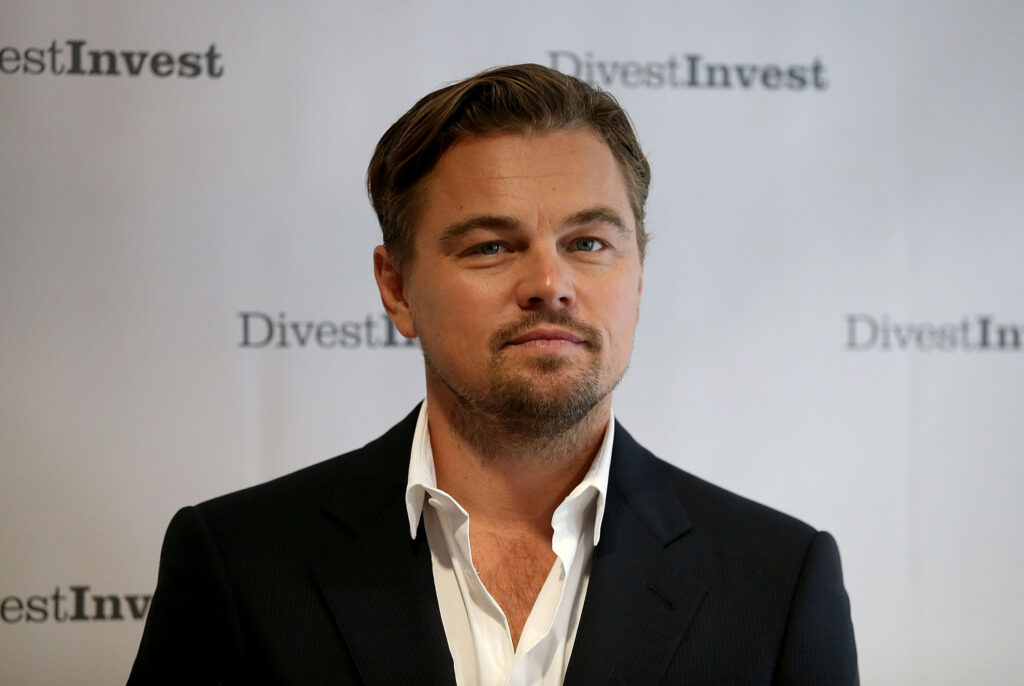Could rich people be the answer to the climate crisis?

The more stuff you own, and the more you travel, the more fossils fuels are burned, and the more greenhouse gases are emitted into the atmosphere. Jetting around, buying luxury goods, keeping mansions warm and driving supercars — they all have a carbon footprint.Oxfam has Rich people also have more flexibility to make changes. “A high-income consumer likely has access and is able to afford more climate-friendly products or produce from local farmers,” said Tom Bailey, who contributed to a new “You don’t invest in coal, you don’t invest in oil, in gas, also in some car companies that produce normal cars, or aviation, so you direct the financial flows,” said Otto. And with divestment, a little can go a long way. “We did some simulations that shows that with the divestment movement you don’t need everyone to divest,” said Otto. “If the minority of investors divest, the other investors will not invest in those fossil fuel assets because they will be afraid of losing money … even if they have no environmental concerns.” Wealth means power Wealthy people are not just economic decision makers, they can have political influence too. They can fund political parties and campaigns and have access to lawmakers. Otto argued that rich people could use their political power to instigate positive changes to climate policy. “Those people with the highest emissions, they have the highest agency to change something,” said Otto. “There’s so much research about the poor, the impact of climate change on the poor … sustainable development goals and so on. But when it comes to action and sustainability and transformation, the poor cannot do anything because they are busy surviving.”But the educated, the rich and the super-rich — it’s a completely different case. They have the money and the resources to act and they also have the social networks,” she explained.Fund climate researchThe wealthy can also support climate research. In 2015, Microsoft founder Bill Gates committed $2 billion of his fortune to fund research and development into clean energy. In May, a group of scientists wrote to 100 wealthy charities and families in the UK to ask for an “extraordinary increase” in funding for environmental and climate-related issues. “We implore you to urgently consider significant investment to prevent further ecological catastrophe — whether through your personal investments or your philanthropy,” the letter said.There’s plenty of incentive for the wealthy to demand climate action: A recent UN report warned that delaying climate policies will cost the world’s top companies $1.2 trillion over the next 15 years. Role models The super-rich might also have an influence on other people’s carbon emissions. “High status in our societies remains associated with high material wealth,” said Otto. “It’s an aspiration to become like the very wealthy and you imitate the lifestyles of people who you want to be like.”For example, air travel is no longer only a treat of the super-rich. This year, budget airline Ryanair was the only non-coal plant among Europe’s top 10 emitters. “We as a society have to search for new ways of leading ‘rich’ lives that are independent of material wealth,” said Stephanie Moser, of the University of Bern, in Switzerland, who found that a person’s carbon footprint is better indicated by their income than their environmental beliefs.”We have to redefine wealth in our societies such that living a “good life” is possible without high greenhouse gas emissions,” she said.



